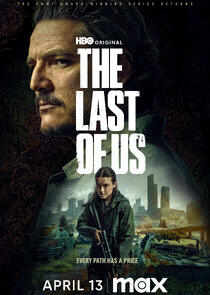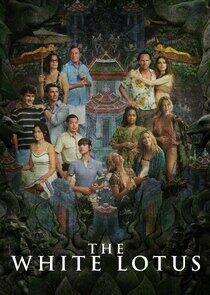The Price of Freedom
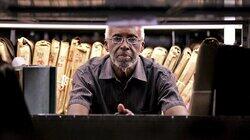
Historian David Olusoga continues his examination of Britain's forgotten slave owners. In this episode, David explores how in 1834 the government arrived at the extraordinary decision to compensate the slave-owners with the equivalent of £17 billion in today's money. Tracing the bitter propaganda war waged between the pro-slavery lobby and the abolitionists, he reveals that paying off the slave owners for the loss of their human property was, ultimately, the only way to bring the system to an end.
Meticulously kept records held at the National Archives detail the names of the 46,000 slave owners from across the British Empire who had a slice of this vast handout. Combined with new research, shared exclusively with the BBC by University College London, it reveals more about Britain's slave owners than we've ever known before.
Of the 46,000 names in the 1834 compensation records, 3,000 lived in Britain, yet they owned half of the slaves across the empire and pocketed half of the compensation money. These include members of the clergy and of the House of Lords. The records also show that at the point of abolition, more than 40 percent of all the slave owners were women.
David goes on to investigate what happened to the wealth generated by the slave system and compensation pay out. He reveals aspects of Britain's spectacular industrialization in the 19th century, the consolidation of the City of London as a world center of finance, and a number of the country's most well-known institutions that all have links to slave-derived wealth.
Ultimately, David discovers that the country's debt to slavery is far greater than previously thought, shaping everything from the nation's property landscape to its ideas about race. It's a legacy that can still be felt today.
Trailer
Recently Updated Shows
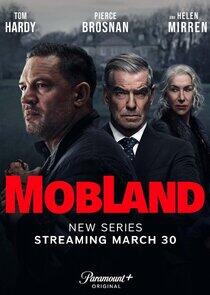
MobLand
With the most powerful clients in Europe, MobLand will see family fortunes and reputations at risk, odd alliances unfold, and betrayal around every corner; and while the family might be London's most elite fixers today, the nature of their business means there is no guarantee what's in store tomorrow.
MobLand follows two generations of gangsters, the businesses they run, the complex relationships they weave and the man they call upon to fix their problem.
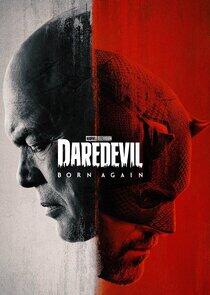
Daredevil: Born Again
Matt Murdock finds himself on a collision course with Wilson Fisk when their past identities begin to emerge.
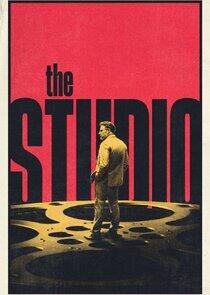
The Studio
As movies struggle to stay alive and relevant, Matt and his core team of infighting executives battle their own insecurities as they wrangle narcissistic artists and craven corporate overlords in the ever-elusive pursuit of making great films. With their power suits masking their never-ending sense of panic, every party, set visit, casting decision, marketing meeting, and award show presents them with an opportunity for glittering success or career-ending catastrophe. As someone who eats, sleeps, and breathes movies, it's the job Matt's been pursuing his whole life, and it may very well destroy him.
